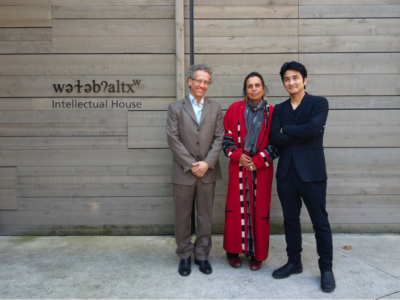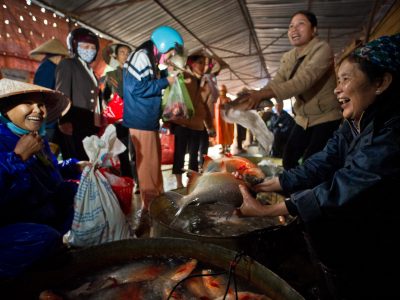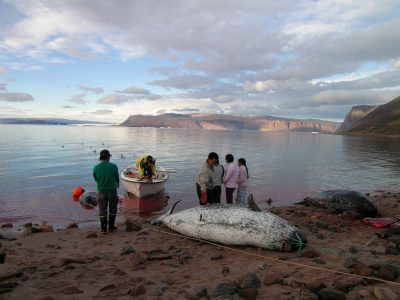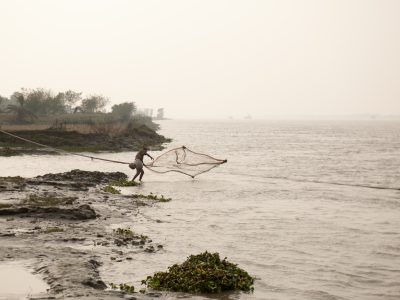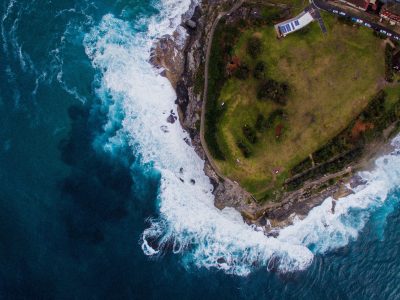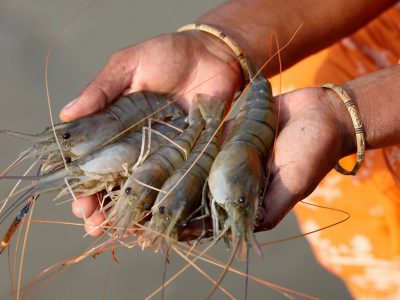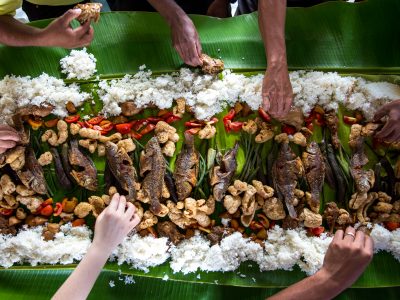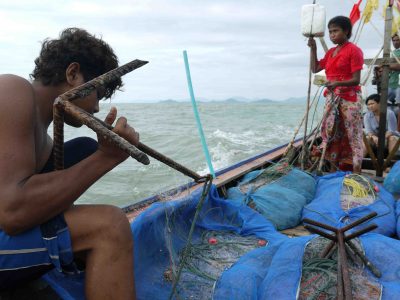Indigenous Leader Winona LaDuke & Yoshi Ota Discuss the Environment, Mermaids and the Nuances of Indigenous Knowledge
Who controls the narrative on the environment? For more than 40 years, leading Indigenous scholar Winona LaDuke has promoted social, economic, cultural, and environmental justice for Indigenous communities, working within White Earth Reservation in northern Minnesota and across the globe. Here is her take on some of the questions we had.



